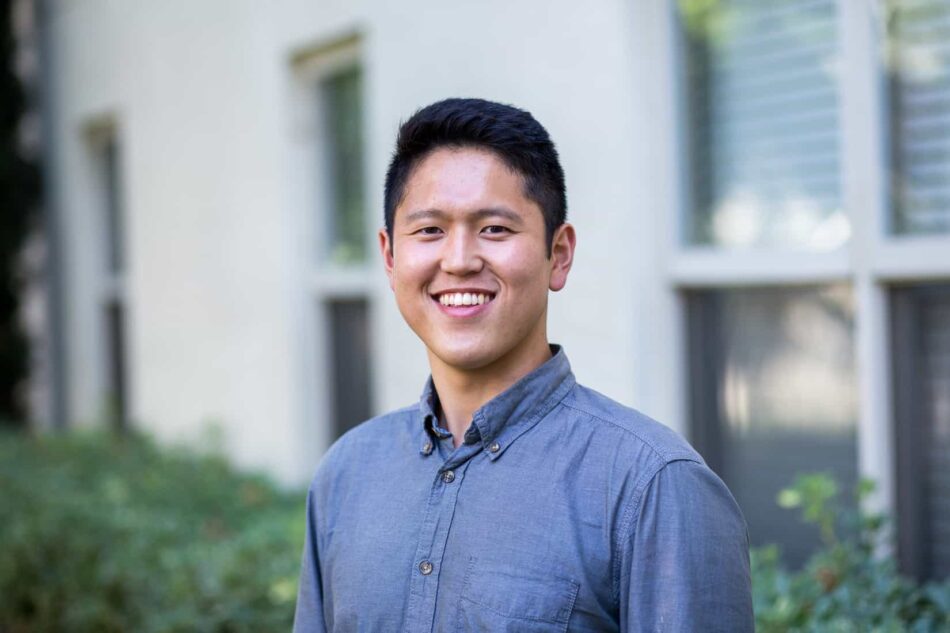Pros and cons of Caribbean medical schools

By Edward Chang From Prospective Doctor
It is difficult to gain admissions to a U.S. medical school. In 2012, only 19,517 out of 45,266 applicants were accepted to a single medical school. That means 57% of applicants were not accepted to any medical schools, even though may have applied to more than 20. As a result, less competitive applicants are turning to Caribbean medical schools to fulfill their dreams of becoming doctors. But what are the consequences of choosing this route? Is going to a foreign medical school even a good option? Here is a list of pros and cons to consider:
Pros:
1. Easier to get accepted
The average GPA and MCAT of U.S medical school matriculants are 3.6 and 31. The average GPA and MCAT for matriculants at Caribbean schools are much much lower. These schools offer second chances to students with subpar GPAs and MCAT scores who have little to no shot at a US MD or DO schools.
2. Clinical rotations in the U.S.
A few, not most, Caribbean schools offer clinical rotations in the U.S. for the 3rd and 4th years. Essentially, schools that do not offer this option are almost worthless (if you are trying to practice medicine in the U.S.). Doing a clinical rotation in the U.S. is a huge pro when trying to apply to residency in the U.S.
3. Rolling admissions
Unlike U.S. schools, many Caribbean schools allow you to apply throughout the year and matriculate soon after. This allows you to start medical school right away and is especially helpful if you are waiting to hear back from U.S. medical schools.
||Read: Why and What of Caribbean Medical Schools||
Cons:
1. No guarantee that you will become a doctor
According to the National Resident Matching Program (http://www.nrmp.org/), 50% of foreign medical school graduates matched into U.S. residencies. The “best” Caribbean schools boast a match rate roughly around 70%. In comparison, 94% of U.S. allopathic graduates matched while 79% of osteopathic graduates matched. When understanding these numbers especially in light of the huge price tag of foreign schools, you will be paying a lot of money for something that is far from a sure thing.
2. Limited options for residency
If you go to a Caribbean school, you are severely handicapping yourself if you are trying to match into very competitive specialties such as head and neck surgery, dermatology, plastic surgery, urology, orthopedic surgery, radiation oncology, and others. Most graduates from Caribbean schools match into low-tiered family or internal medicine programs. One Caribbean school graduate (whose blog post, although biased, I recommend reading if you are interested in Caribbean schools) wrote a thorough blog post about his journey of trying to match into orthopedic surgery. He went through the fire of competition, had an amazing CV and board scores but still was unable to match. Keep in mind that many of these schools hide their match lists and this should be a huge red flag.
||Read: Best Medical Schools in the Caribbean||
3. High competition
The bottom line for these schools are not necessarily the success of their students. It’s often money. They don’t really care how many students enroll and eventually drop out because they make money of these students. If you attend a Caribbean school, you will have to compete for the top ranks of the class. You will have to score much higher on USMLE Step 1 to make up for the fact that you went to a Caribbean school. And even despite doing all these things, you are still limited in your residency options.
Honestly speaking, the cons of Caribbean schools far outweigh the pros. Working hard to attend a U.S. school, whether allopathic or osteopathic, even if it may take much longer might be worth it in the end. However, for the student who really screwed up during college, is not willing to wait, does not mind heavy competition in school, and is willing to do whatever it takes to become a doctor, regardless of specialty, these schools are a last option.
Edward Chang is the Co-founder and Director of Operations of ProspectiveDoctor.com. He is a medical student at the David Geffen School of Medicine at UCLA. He also attended UCLA as an undergraduate, graduating with a major in Molecular, Cell, and Developmental Biology. If you would like to ask him a question, please use wiselike.com/edward-chang. If you are interested in contributing to ProspectiveDoctor.com, please contact him at [email protected]. Follow ProspectiveDoctor on Twitter, @ProspectiveDr.
For more on this story go to: http://www.prospectivedoctor.com/pros-cons-caribbean-medical-schools-2/
See also related story: In-Depth Look at the Top Caribbean Medical Schools





